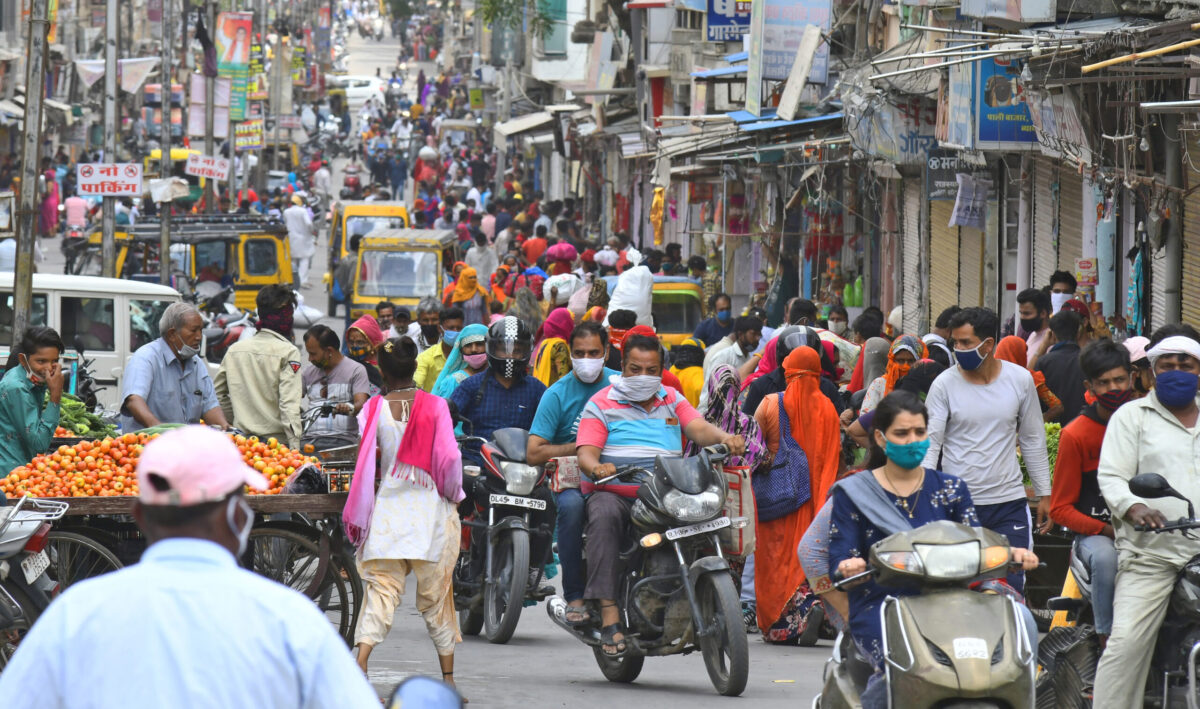An Intersectional Analysis of Proposed Fertility Leave in England and Wales
We consider how fertility leave benefits are likely to be stratified along class, race, sexuality, and gender lines.

We consider how fertility leave benefits are likely to be stratified along class, race, sexuality, and gender lines.

Central to the legal framework of altruistic surrogacy is a highly gendered devaluation of labor.

The protective rationale of parental leave should be extended to address the needs for those undergoing fertility treatment.

In this symposium, experts discuss successes and challenges for labor laws in the face of changing concepts of reproduction, pregnancy, and family building.

Climate change is the gravest threat currently faced by human civilization, and our architecture must internalize this reality of our time.

Decreasing vulnerability requires understanding and addressing upstream root causes of health inequities.

Expanding access to midwives and doulas in the U.S. will increase access to culturally-congruent birthing options and improve health outcomes.

Agroecology provides an inclusive paradigm through which to advance climate justice.

While Bangladesh’s climate-related laws and policies gesture toward inclusion, considerable gaps remain between policy and practice.

Educators have the power and responsibility to change practices now so that students benefit from climate change and disability awareness education.
